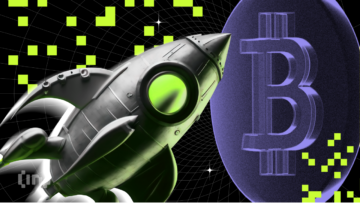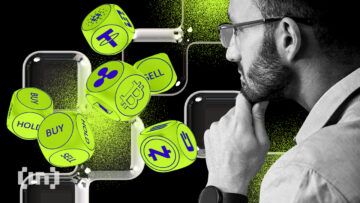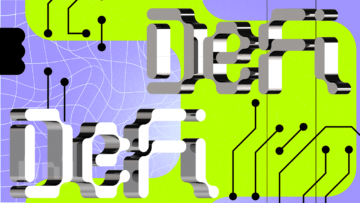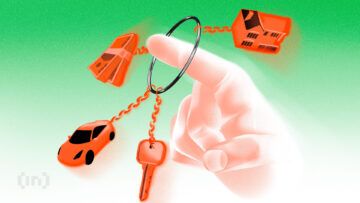Although it’s true that blockchain is indeed the technology behind crypto-assets like Bitcoin and Ethereum, the technology is capable of many more applications that span throughout countless sectors. Here are a few blockchain ideas that could shape the future.
Table of contents
10 Innovative Uses of Blockchain:
Let’s take a look at a few examples of the most interesting blockchain-based businesses that have emerged from these areas.
Brave
Founded by Mozilla co-founder Brendan Eich, Brave is a browser that allows the user to “take back control”. Blocking harmful ads and trackers and instead driving publisher revenue via blockchain-based micropayments. Blocking ads and trackers means the user has a faster loading time (Up to 6 times faster than competitors) and enables you to browse more freely and have confidence that your information is not being sold.
Brave Wallet includes a crypto wallet that is integrated directly into the browser. Without extensions, you are less vulnerable to app forgery, phishing, and theft. Users can buy, send, store, and swap thousands of assets (and NFTs) on 100+ blockchain networks such as Ethereum, Solana, Filecoin, and others.
The Brave Wallet also supports hardware wallets, such as Trezor and Ledger. On top of this, the browser has integrated DEX aggregators. Which makes it easier to trade in and out of positions, and ultimately leads to a better user experience. Browser are a much needed blockchain idea.
Augur
Augur is a prediction market that enables you to make bets on pretty much any real-world thing. You use blockchain-based tokens to wagers on the score of a game, whether president Trump will be re-elected or even whether an Antarctic ice shelf will collapse. According to their website; V2 will soon be launching. The new app claims faster trading in just seconds and no caps on how much you can wager or win.
As of December 2022, Augur has a TVL of over $1 million, and a daily trading volume of $6 million. Augur v2 launched on the Ethereum mainnet on July 28th, 2020. The operations of Augur and Augur v2 are very similar. Augur provided a complete migration manual to exchanges, dApps, DEXs, service providers, and other entities interacting with REP — the platform’s token — to complete the migration process.
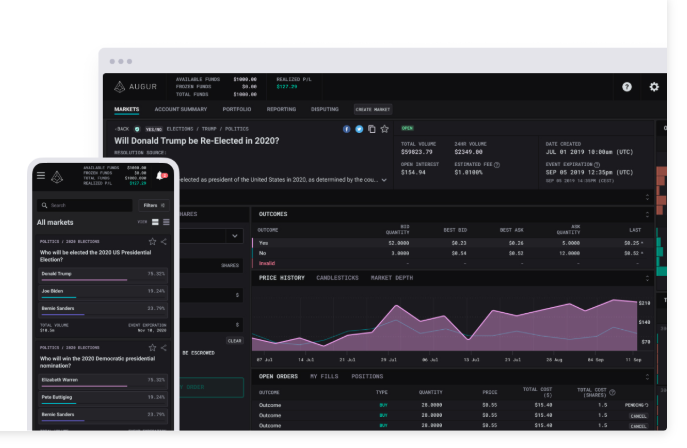
Slock.it
Slock.it is connecting the ‘Internet of Things’ with Blockchain technology. They embed smart contracts into IoT devices (such as homes) and enable anyone to sell, rent or share the connected property. According to their site, there are currently 30.7 billion IoT devices that can be controlled. Examples of other use cases include supplying renewable energy, E-charging and voting systems.
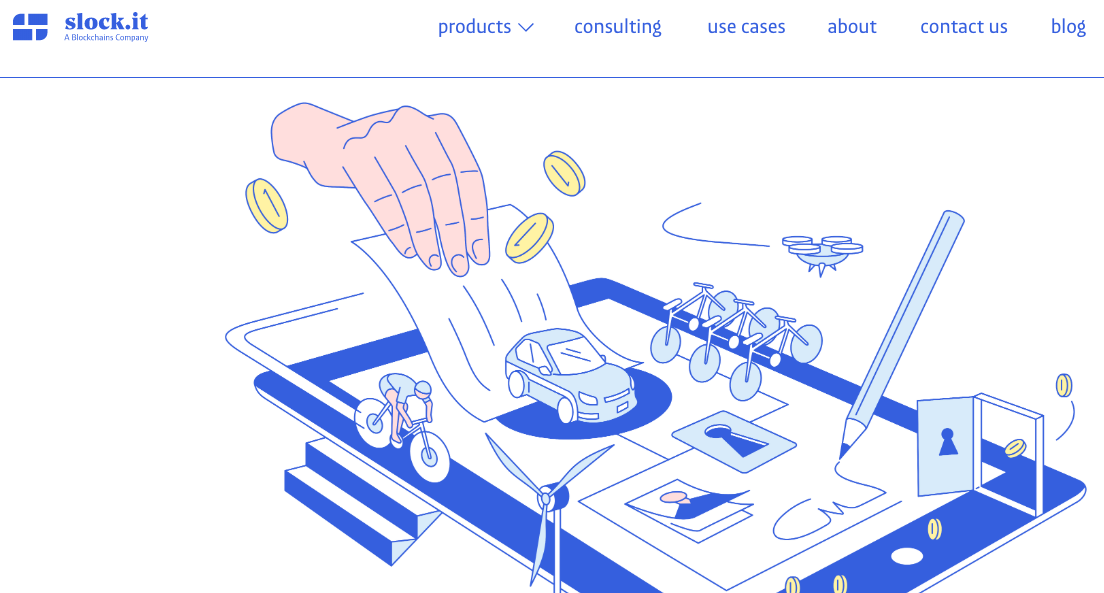
Evernym
Evernyms Sovrin application lets you manage your identity all over the web in an attempt to put an end to siloed identities, insecure databases and a never-ending amount of passwords. They store your private information and mediate between you and the entities requesting the private information, verifying information in real-time.
/Related
More Articles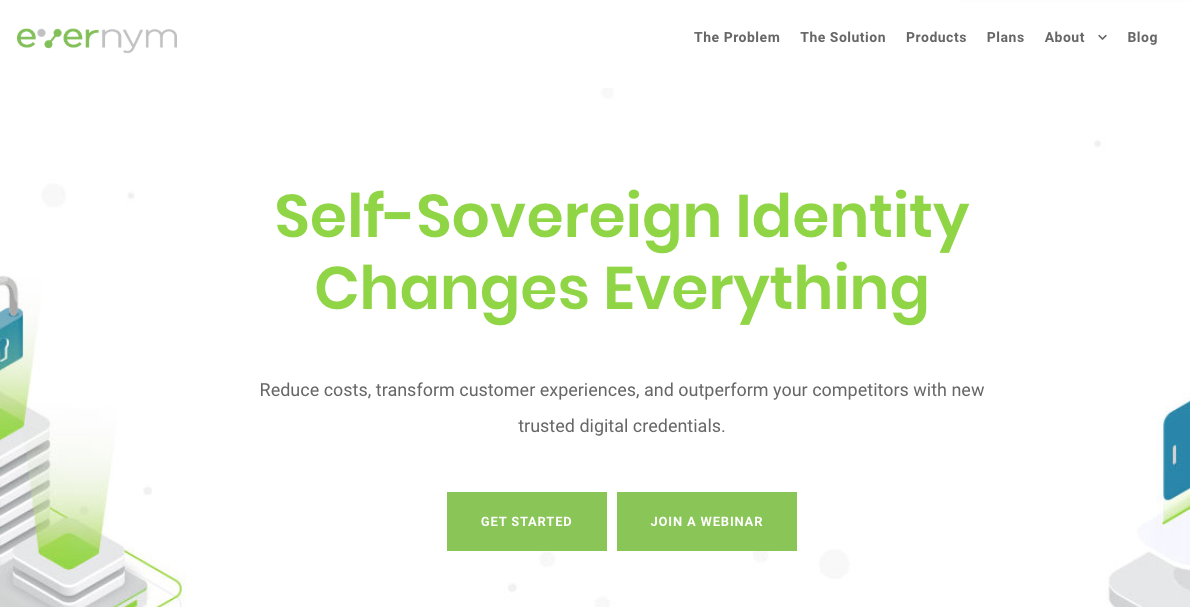
Civil
Civil – on a mission for sustainable, independent journalism, Civil uses CVL tokens to give users a stake in decisions. Articles are published on the blockchain so stories cant be redacted or deleted. They believe that journalists and the public should work together to ensure transparent and trustworthy news. Although Civil started their mission with trusted journalism, they are now expanding their work in supporting better civic engagement in general.
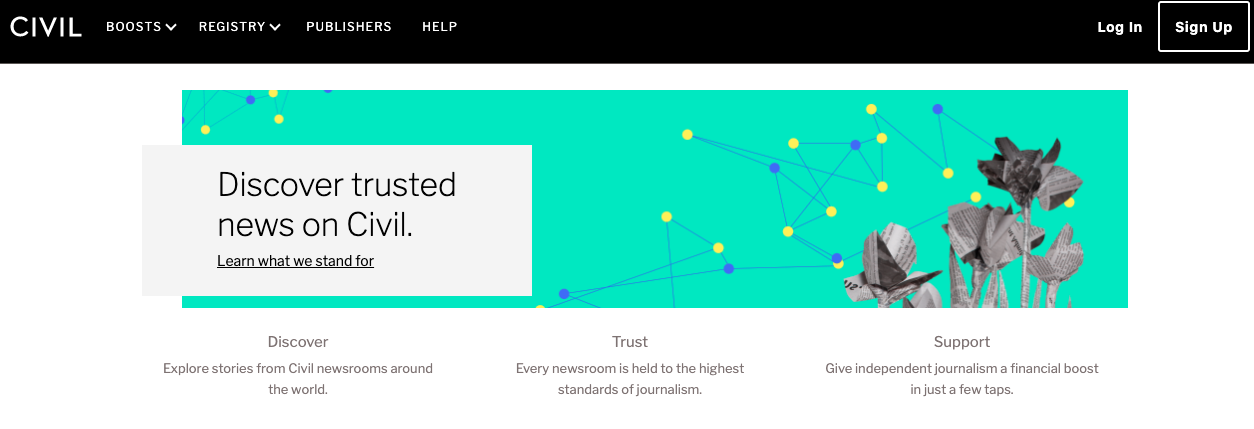
TraDove
Tradove is utilizing blockchain with a supply chain management tool to connect buyers and sellers. Their mission is to eliminate the everyday struggles for buyers and sellers; unaligned processes, bad communication, purchasing urgency and a lack of transparency! They use AI technology to connect the best buyers and sellers worldwide. Currently, IKEA, Audi, Pepsi and Amazon are some of the global brands using TraDove.
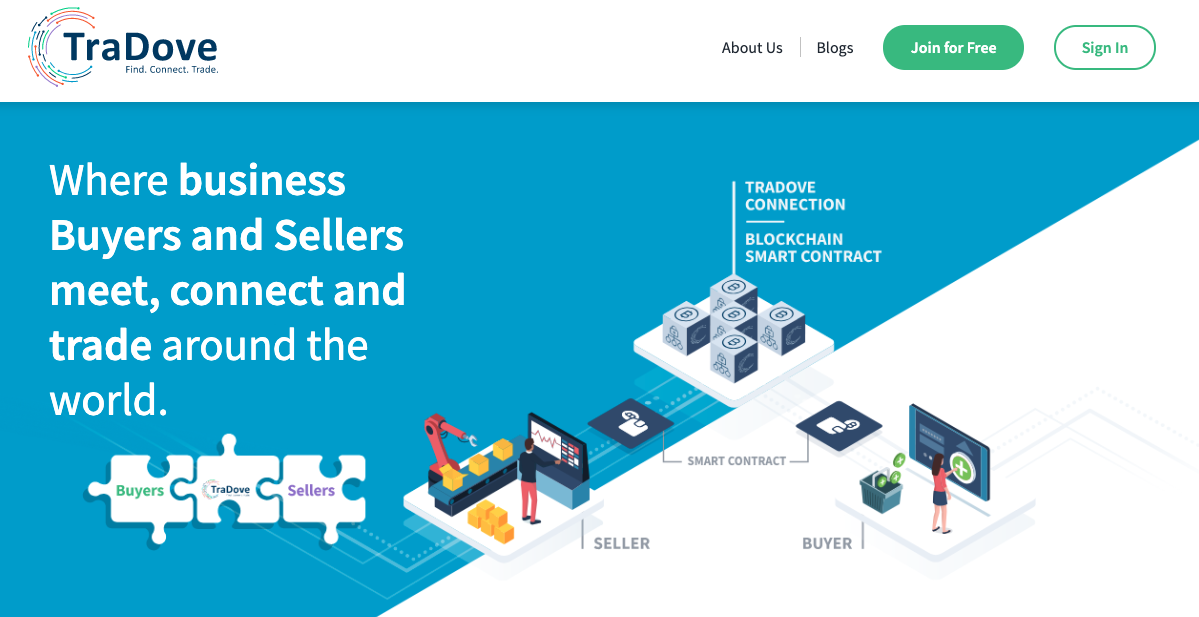
Doc.ai
Doc.ai is using machine learning and blockchain technology in the medical sector for health insights and predictive analysis. They combine patients medical data from several sources (doctor visits, lab results, exercise data and emergency appointments) and stores it all in a single app. Patients can manage all of their data in one place and get their health risks assessed. All data is anonymous and encrypted so that the only person who has access is you. The app is even useful for medical research purposes as people have the option to submit their data. With just a click of a button, you will be helping to advance medical research!
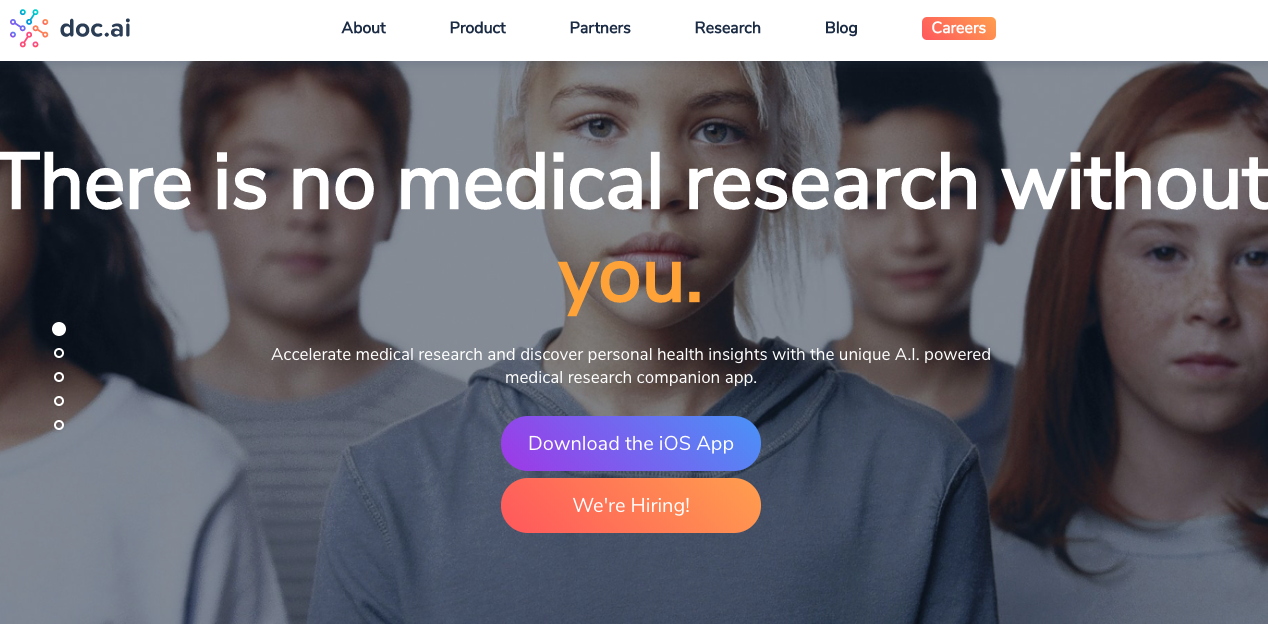
Voatz
Voatz puts voting on the blockchain. Helping to make election participation more secure and accessible for its users. Voatz combines biometrics and blockchain to produce transparent voting systems. Removing the possibility of fraud or election tampering and putting trust back into the election system.
Voatz, a private mobile voting app, aims to make voting accessible for everyone. There have been more than 80,000 votes cast on the platform. During 2018, West Virginia allowed 144 overseas voters to cast their votes via Voatz. In 2019, Denver, Colorado, and Utah County, Utah, were able to cast overseas votes for elections using Voatz.
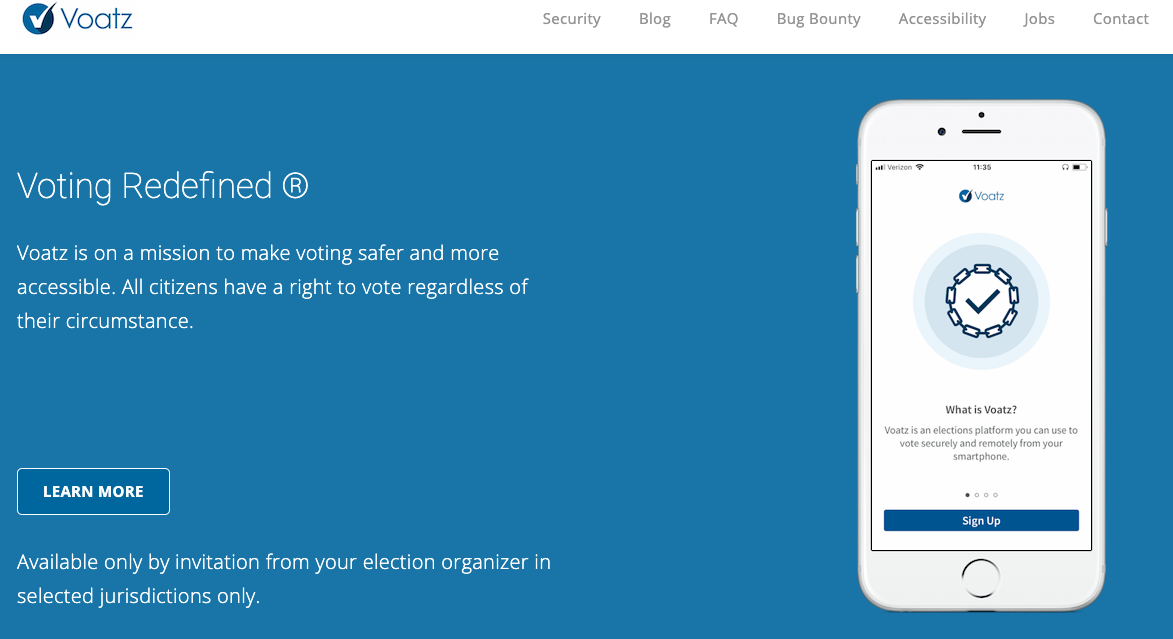
Omega Grid
Omega grid is utilizing blockchain to enable businesses and individuals to manage energy sales and encourage cleaner, local energy through a reward system. Users sign up and Omega grid works with your utility to help the community use more environmentally friendly energy. They send you alerts about ways you can earn tokens (by turning off your ac for example). You can then redeem these tokens at a merchant or get cashback.

Filecoin
Filecoin is a platform where you can earn from your unused hard drive storage. Using Filecoin mining software, you can rent your hard drives, single discs, data centers and every bit of space you’re not using on the global Filecoin market. All you have to do is connect to the Filecoin network and the file transfers and transactions will be handled for you. Earn Filecoins, (the more space you put out the more you earn) and then trade them for U.S. dollars or Bitcoin.
Filecoin has an excellent product-market fit. The idea of decentralized storage is an excellent blockchain idea. It is necessary for a decentralized semantic web. If you are unaware, for most blockchains it is inefficient and expensive for blockchains to store data on-chain.
Therefore, Filecoin and IPFS (InterPlanetary File System) work together to store data. Both, a product of Protocol Labs, together host almost 50% of the NFTs on Ethereum. This proves that data storage is an excellent blockchain idea.
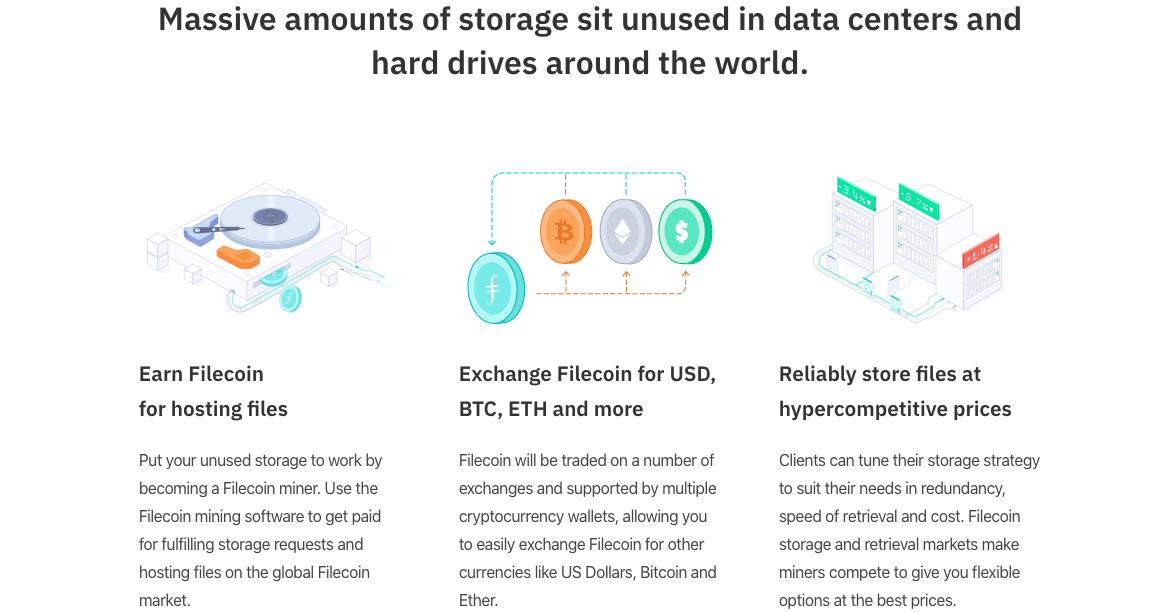
The Future is Blockchain
This is by no means an exhaustive list but just a few of the innovative ideas to have come out of blockchain over the last few years. I’m sure we haven’t seen anything yet as the technology emerges out of its infancy and applications continue becoming more mainstream. As more people learn about the capabilities of the technology it can be used to solve so many issues, transforming many aspects of peoples lives across the globe.
< Previous In Series | Blockchain | Next In Series >
Frequently Asked Questions
What is the difference between Filecoin and IPFS?
What is Augur?
What is the internet of things?
What is AI?
Trusted
Disclaimer
In line with the Trust Project guidelines, the educational content on this website is offered in good faith and for general information purposes only. BeInCrypto prioritizes providing high-quality information, taking the time to research and create informative content for readers. While partners may reward the company with commissions for placements in articles, these commissions do not influence the unbiased, honest, and helpful content creation process. Any action taken by the reader based on this information is strictly at their own risk. Please note that our Terms and Conditions, Privacy Policy, and Disclaimers have been updated.





